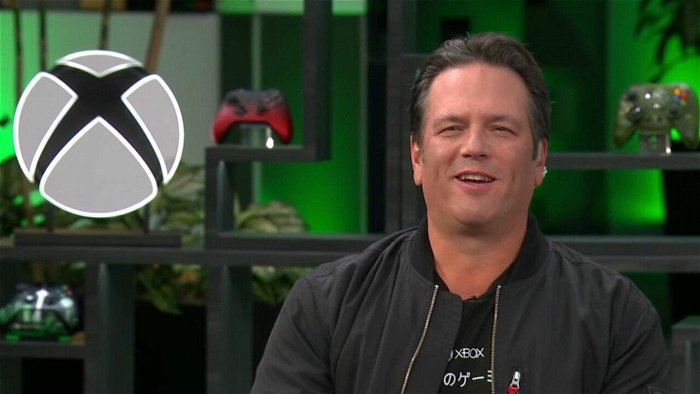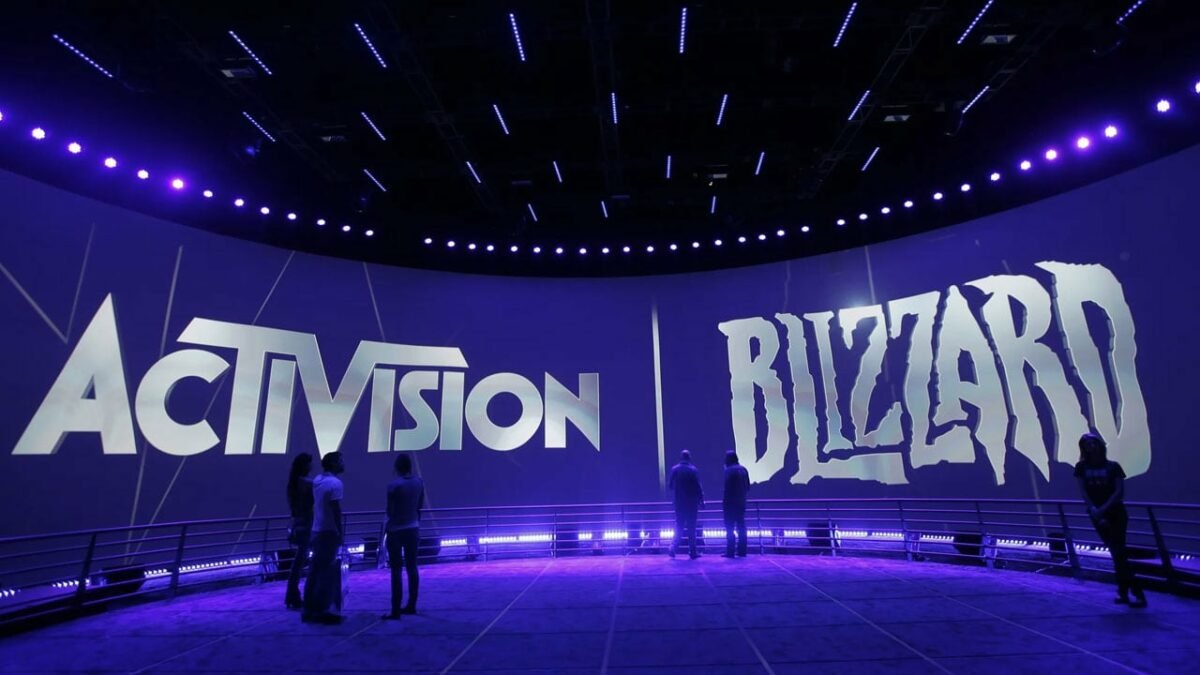A report suggests FTC may pursue a lawsuit against Microsoft’s acquisition of video game powerhouse Activision Blizzard, developer of hit titles such as Call of Duty and Candy Crush.
According to Politico’s recent report, citing sources familiar with the situation, the U.S. The Federal Trade Commission (FTC) is preparing to file an antitrust lawsuit in an effort to derail Microsoft’s $69 billion acquisition of Activision Blizzard, the largest merger the video game industry has ever seen so far.
It is not possible to confirm that a lawsuit will be launched as the FTC’s four commissioners have not yet voted against the suit or consulted with lawyers. However, the report suggests that things are gradually moving in the direction of a class action lawsuit—the FTC’s greatest action under Chair Lina Khain’s plan to rein in the biggest tech companies in the world.
“Central to the FTC’s concerns is whether acquiring Activision would give Microsoft an unfair boost in the video game market,” Politico’s report notes, regarding the primary point of concern.
“We are committed to continuing to work cooperatively with regulators around the globe to allow the transaction to proceed, but won’t hesitate to fight to defend the transaction if required,” an Activision Blizzard spokesperson said. Any suggestion that the transaction could lead to anticompetitive effects is “completely absurd,” the spokesperson added.

If Microsoft were to buy Activision Blizzard successfully, it would give them control of some of the biggest names in gaming, with Call Of Duty coming in front and center with games like Warcraft, Diablo, Overwatch, and Candy Crush, following suit. Sony has appeared as another opponent in this legal battle, telling the FTC and regulators in other countries that if Microsoft made hit games like Call of Duty exclusive to its platforms, Sony would be significantly disadvantaged.
Microsoft has attempted to disregard concerns from Sony on numerous occasions and will even sign a ten-year contract with them to ensure that Call of Duty won’t suddenly disappear from PlayStation platforms if Microsoft’s $68.7 billion deal is approved by regulators. Microsoft Gaming CEO and Xbox chief Phil Spencer made the commitment in a written letter to PlayStation head Jim Ryan earlier this year
“In January, we provided a signed agreement to Sony to guarantee Call of Duty on PlayStation, with feature and content parity, for at least several more years beyond the current Sony contract, an offer that goes well beyond typical gaming industry agreements,” says Microsoft Gaming CEO Phil Spencer in a statement to The Verge.
Whether or not Sony accepts the olive branch, the FTC will reportedly insure any promises being made.
In a statement released in October to the UK’s Competition and Markets Authority, Sony goes into greater detail on the position the company could potentially be in after the Activision Blizzard Acquisition, stating that the deal will impede Sony’s ability to compete, as well as leaves its PlayStation consumers scrambling to buy and play Call Of Duty on Xbox and/or Gamepass; the “less preferred device.”

The CMA backs Sony’s arguments, reporting that Microsoft “has a pattern” of acquiring developing studios and shortly after making their upcoming games exclusive to Xbox. Microsoft has given their reason on why other acquisition deals have resulted in exclusive games for Xbox when this one won’t in Call of Duty’s case, stating that “big” games would get to stay multiplatform. In contrast, the “midsize” games would be exclusive. This a controversial sentiment, especially in light of big games like the upcoming Elder Scrolls VI and Starfield being released exclusively on Xbox Game Pass on Xbox Series X/S and Microsoft Windows PC after the Bethesda deal, drawing speculation on what exactly counts as a “mid-size” game.
According to two sources with knowledge of the review, the FTC’s worries go beyond Call of Duty, as investigators are attempting to ascertain how Microsoft can use upcoming, unreleased games to expand its gaming business.
“Any suggestion that the transaction could lead to anticomp effects is completely absurd. This merger will benefit gamers and the US gaming industry, especially as we face increasingly stiff competition from abroad,” said Activision spokesperson Joe Christinat. “We are committed to continuing to work cooperatively with regulators around the globe to allow the transaction to proceed, but will not hesitate to fight to defend the transaction if required.”
Technically, the FTC is under no need to do anything right now. Outside of the US, the purchase is being scrutinized as well. Earlier last month, the EU began a thorough inquiry. According to the EU’s competition law enforcer, the agreement would be approved or rejected by March 23, 2023. Therefore, if the FTC decides to file a lawsuit, it will probably do so in its own internal administrative court.
A spokesperson for Microsoft said: “We are prepared to address the concerns of regulators, including the FTC, and Sony to ensure the deal closes with confidence. We’ll still trail Sony and Tencent in the market after the deal closes, and together Activision and Xbox will benefit gamers and developers and make the industry more competitive.”
Microsoft in currently expecting the Activision Blizzard deal “to close in fiscal year 2023,” which means that we might not see the end of this whole legal extravaganza for up to 18 months which is admittedly a long period of time for an acquisition to close, so it’s recommended for users too just sit back and watch it all play out.



